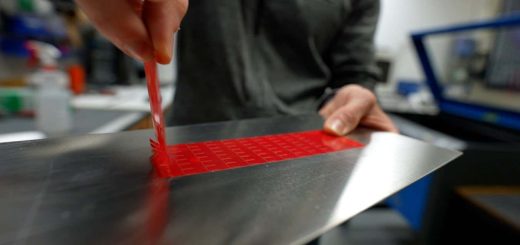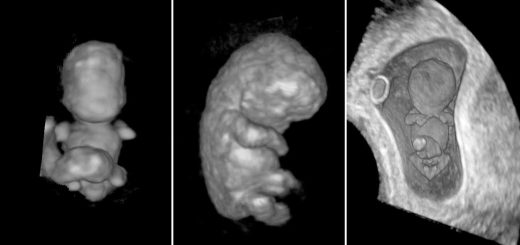Disney and Universal lawsuit may be killing blow in AI copyright wars
Two huge movie studios are suing Midjourney, claiming the firm’s AI has been trained on their copyrighted material – the entrance of the Hollywood giants into this legal fight could be a watershed moment for AI and copyright
By Chris Stokel-Walker
11 June 2025
Minions are characters in films produced by Universal Pictures
Cinematic/Alamy
Disney and Universal have filed a lawsuit against AI image generator Midjourney alleging mass copyright infringement that enables users to create images that “blatantly incorporate and copy Disney’s and Universal’s famous characters”. The action could be a major turning point in the legal battles over AI copyright infringement being negotiated by book publishers, news agencies and other content creators.
Read more
AI tweaks to photos and videos can alter our memories
Midjourney’s tool, which creates images from text prompts, has 20 million users on its Discord server, where users type their inputs.
In the lawsuit, the two movie-making giants share examples in which Midjourney is able to create images that uncannily resemble characters each company owns the rights to, such as the Minions, controlled by Universal, or the Lion King, owned by Disney. The companies allege those outputs could only be the result of Midjourney training its AI on their copyrighted material. They also say Midjourney “ignored” their attempts to remediate the issue prior to taking legal action.
In the complaint, the companies say “Midjourney is the quintessential copyright free-rider and a bottomless pit of plagiarism.” Midjourney did not immediately respond to New Scientist’s request for comment.
The lawsuit has been welcomed by Ed Newton-Rex at Fairly Trained, a non-profit organisation that promotes fairer training practices for AI companies. “This is a great day for creators around the world,” he says. “Governments have shown worrying signs they might bend to big tech’s intense lobbying by legalising IP theft – Disney weighing in makes this that much less likely.”


